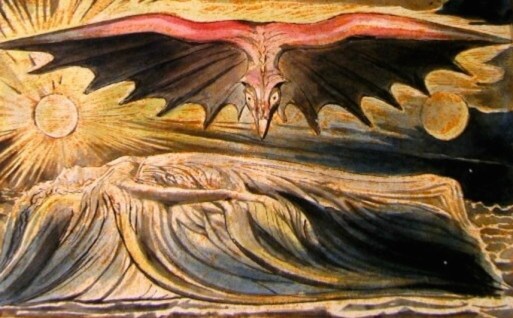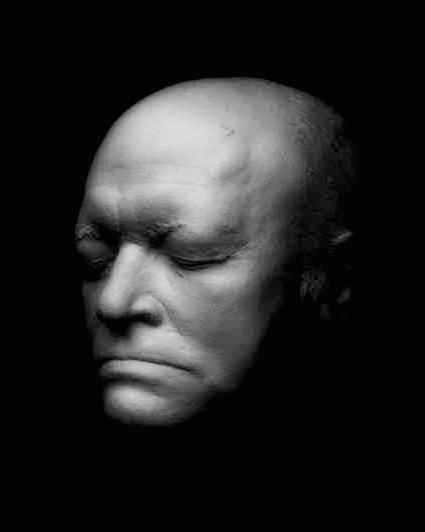The Problem with Religion, by S. Foster Damon

Religion, so Blake believed, was the basic problem of mankind. Early in his life he conceived the idea of a fundamental and universal religion that he developed throughout his life.
He was born in the third – Revolutionary – generation of the eighteenth century. The orthodox Anglican Church had become devoted to place-hunting and was spiritually dead. The Dissenters considered themselves members of this church, but keep apart. Deism had captured the intellectual world and established the “Age of Reason” by denying all miracles and revelations. Generally the public was hostile to all religious controversies, which had been responsible for some of the bloodiest pages in religion. “Enthusiasm” was a term of contempt.


